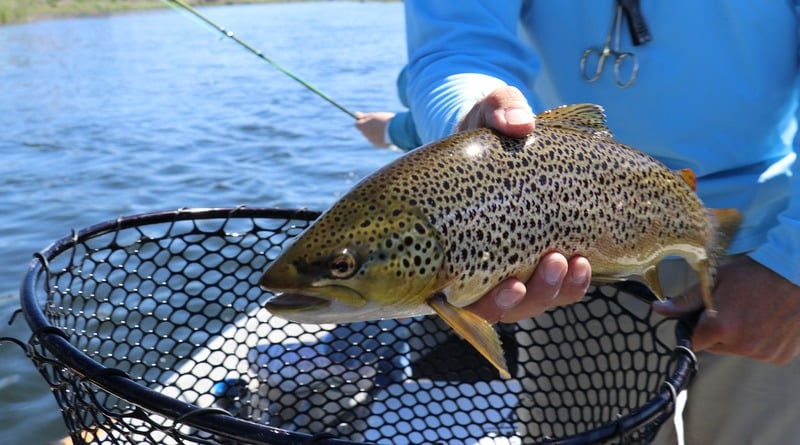
Scientists found traces of antidepressants in the brains of ten species of fish caught in the Niagara river, which connects lake Erie with lake Ontario (near the Great Lakes).
This was reported in a study published in the journal Environmental Science & Technology.

Researchers have found traces of active substances used in such antidepressants as Zoloft, Prozac and others. Substances were in the brains of largemouth bass (bass), Rudd, stone perch, yellow perch, white American labrake, walleye, Bowfin fish, rainbow trout and even a couple of types of snappers.
Scientists believe that the source of the ingress of antidepressantov – wastewater.
«The active ingredients in antidepressants come from sewage treatment plants and accumulate in the brain of fishes,» — said Professor at the University of Buffalo, Dr. Diana Aga. «This is a threat to biodiversity and we should be very concerned,» she added.
The study authors noted that the percentage of Americans taking antidepressants increased by 65% between 2002 and 2014 years, according to the National center for health statistics.
Scientists say that the levels found antidepressants is not dangerous for humans who eat this fish, but, in their opinion, more research is needed. In addition, we need to understand what amount of antidepressants poses a risk to the fish themselves.
«Antidepressants may influence the diet of the fish and their behavior, for the survival instinct,» said Diana Aga.